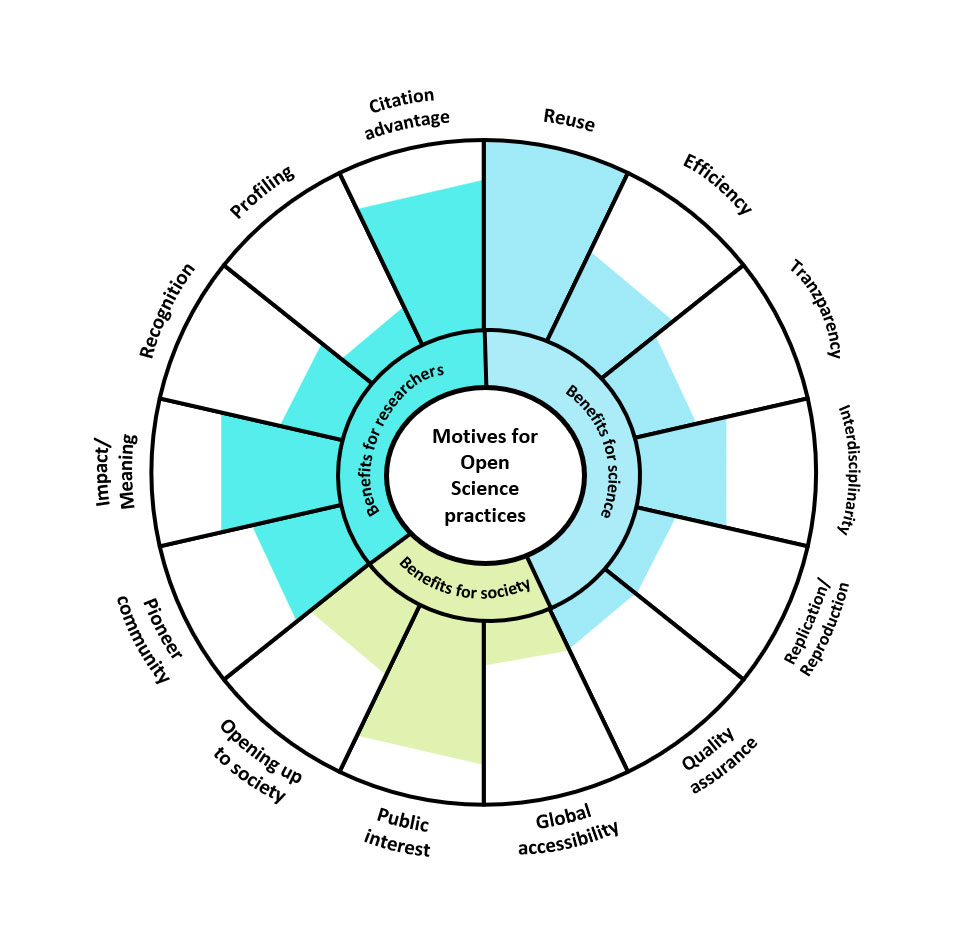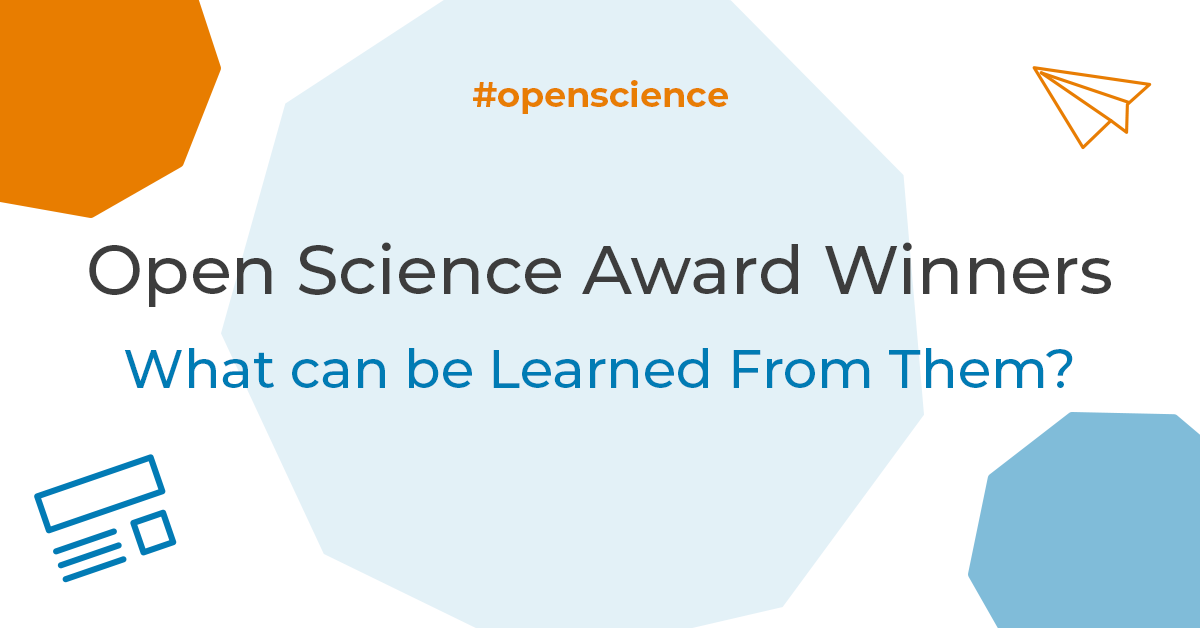What motivates Open Science pioneers? Science researcher Ronny Röwert looked into this in his doctoral project and gives tips for researchers in this interview.
In his doctoral project, Ronny Röwert (TU Hamburg) investigated why researchers practice Open Science. To do this, he focused on researchers who have been practising Open Science for a relatively long time and a lot, namely Open Science award winners from the German science system. He reveals his findings in an interview.
What did you find out in your doctoral thesis? What motivates scientists to do Open Science?
I was able to identify 14 motives in total. In addition to personal reasons, such as citation advantages or the desire for recognition of one's own work, these also include reasons that are relevant to the research community, such as that one's own research is used subsequently or striving for efficient work and new collaborations. However, I was also able to find a few reasons that previously had not yet been discussed in the literature. For example, a sense of belonging to a pioneering community, like being anti-mainstream, or sense and impact orientation are also part of it. Therefore, if I spend so much time – and in science this is often also leisure time – on scientific work, then it really has to make sense, and that is why many people say that it has to be open.
The exciting thing is that they all gave at least three or four reasons, and always altruistic as well as careerist reasons in equal measure. It is always an interplay of very personal and societal reasons, and perhaps a few altruistic reasons.
What are the differences between economics and other disciplines?
In data-driven disciplinary contexts such as economics or quantitative sociology, open science perception and practices are catching on more quickly, while in disciplines with previously less Open Science affinity such as architecture or the historical sciences, the idea of Open Science is being lived out in more diverse ways, for example through increased Citizen Science approaches. Ultimately, each discipline, including business studies and economics, must define for itself how Open Science can concretely enrich research practice, also in its professional societies.
What are the strongest drivers?
Top one is definitely re-use. The second motive is to gain citation advantages. The third is the public interest, as I mentioned. That means, for example, that in tax-funded research projects, one has the claim to do justice to society and to make the results accessible. After that, there are soft drivers such as an orientation towards impact and meaning, for instance that everyone says: "I'm not going to all this trouble just to end up being one or one among many". That is why they position themselves in this pioneering role.

What advice would you give to researchers to inspire their colleagues to embrace Open Science?
I would advise them to describe as concretely as possible how they do it in order to convince your colleagues. In other words, a literary scholar who discloses the negotiations with the publishers, who shares sample emails about it, who says where it did not work out sometimes. What they learn from this for the next time, for the next application for a research project. Perhaps these different motives could also be a support. Talking about them and accepting that everyone has different reasons. What drives you, why could you imagine making an effort for Open Access or open research data management in your next research project?
What tips do you have for early career researchers who are asking how they can best implement Open Science?
To put it bluntly, I would dare something like courage outbursts. In practical terms: set yourself a reminder at least once a year and go on a two- or three-hour retreat with yourself, perhaps also with colleagues. Why do I want to implement Open Science? How can I make my own research practice more open and transparent?
➜ The whole interview in the ZBW podcast "The Future is Open Science": FOS 34 Warum Open Science zählt (German)
In the Open Economics Guide you will find background information, tips and tools for Open Access and Open Data in practice.
